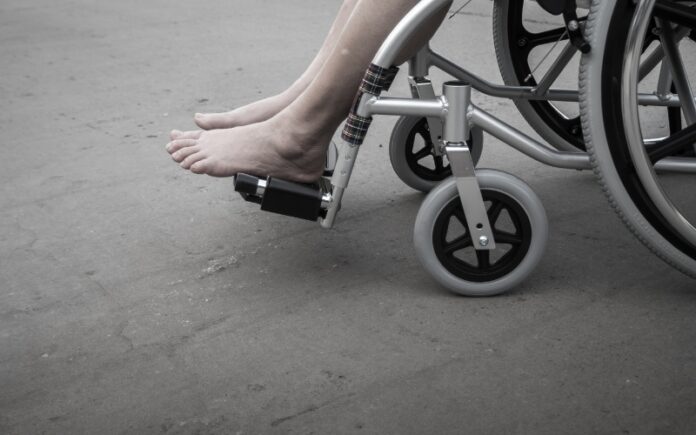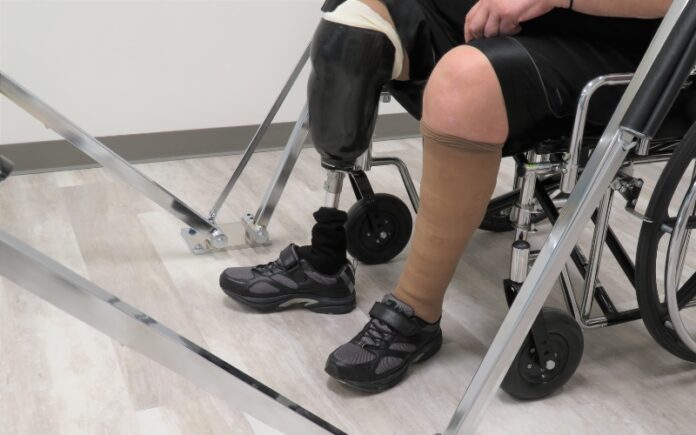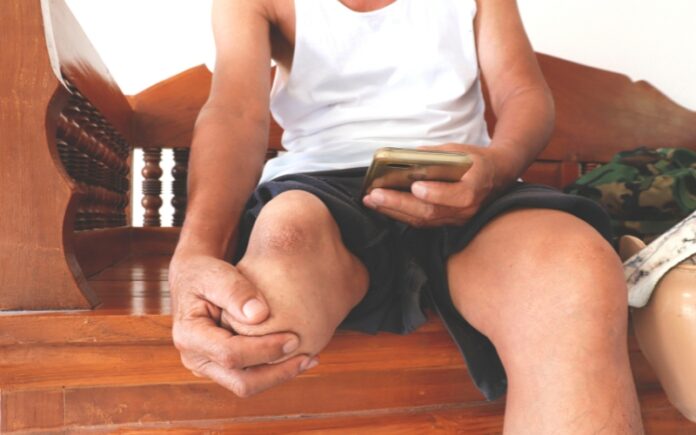If you or someone you love has suffered from a catastrophic injury, then you know that the physical effects of such an event can seem overwhelming. But what about the long-term effects?
While it may not be immediately apparent, a traumatic and life-altering experience, like a catastrophic injury, can have far-reaching implications for your life and those around you. This blog post will explore some of these unexpected but ever-present impacts to equip better-affected individuals and their loved ones with understanding and resources.
Traumatic Brain Injuries
Traumatic brain injuries are a common and devastating long-term effect of catastrophic injuries. TBIs alter brain function due to a blow, jolt, or penetrating injury to the head. Such traumatic events can lead to physical and cognitive impairments, behavioral changes, and disturbed emotional states.
Long-term consequences of TBIs may include memory loss, difficulty concentrating, and impaired reasoning abilities, resulting in problems performing everyday activities and loss of independence.
Life expectancy may also be shorter compared to those without TBIs. Therefore, people with TBIs must receive proper medical treatment to minimize their symptoms and facilitate their recovery as much as possible.
Back Injuries
Catastrophic injuries are life-altering events that can cause long-term physical, emotional, and financial hardship. Back injuries are one of the most common long-term effects of catastrophic injuries due to their ability to cause severe and often permanent lower body pain or weakness.
Back injury symptoms range from muscle fatigue, tenderness, and cramping in the lower body to issues with nerves, discs, and vertebrae, which can be painful.
Even if an injury is mild or temporary, it can become much more severe due to a lack of proper medical attention or regular monitoring, making it more important for victims of catastrophic events to get regular checkups after such an event.
Spinal Injuries
A devastating long term effect of catastrophic injuries is spinal injury, including car and motorcycle crashes, sports injuries, violence, and falls. These spinal cord injuries can be complete or incomplete, most commonly causing motor and sensory deficits in the lower body and can cause life-altering changes to an individual’s abilities.
In some cases, spinal cord injuries can paralyze victims from the waist down, requiring lifelong medical care and support.
Paralysis
A long term effect of catastrophic injuries is paralysis, an all too common long-term effect of severe, fatal injuries such as spinal cord damage. When the delicate nerves and nerve pathways found within the spinal cord become damaged, the body can lose a vast range of motor functions resulting in full or partial paralysis.
This life-altering condition can cause decreased or lost sensation, mobility, and independence – drastically impacting a person’s physical and mental capabilities. It also has significant consequences for a patient and their family; when caring for someone with paralysis, extensive physical and financial resources may be required to facilitate recovery, depending on the severity of their condition.
Severe Burns
Another long term effect of catastrophic injuries is severe burns. In most cases, they cause burn victims to be left with extreme physical pain and disfigurement that can persist for years or even a lifetime. Not only that, but these burns can also cause emotional and psychological stress due to the resulting physical appearance and inability to take part in social activities.
Often, there is a need for multiple skin grafting surgeries followed by long courses of intensive physical and occupational therapies to relearn basic skills for everyday life. This makes treating severe burns very costly, complicated, and time-consuming.
Furthermore, these burn victims may have post-traumatic stress disorder, which also needs additional treatment. All in all, severe burns are a devastating effect of catastrophic injuries that require extensive medical treatment.
The Loss of Limbs
Another long term effect of catastrophic injuries is the loss of limbs, which can create new challenges for the victim to overcome. Not only must they adjust to life without full use of their limbs, but also with any necessary prosthetics or wheelchairs needed to help them maintain their quality of life.
The repercussions of limb loss on overall health can also be serious, as it can lead to conditions like phantom pain, which have no surefire way to treat them successfully. Getting proper medical care when dealing with catastrophic injuries is essential to diminish the chances that severe long-term damage, such as limb amputation, will occur.
Amputations
Amputations are one of the few long-term effects of catastrophic injuries that remain with a person for the rest of their life. It is seen as a last-resort solution when there is no hope of restoring functionality and quality of life through medication, home rehabilitation, prostheses, or other techniques.
The amputation process consists of completely removing the limb that has sustained irreparable injury and damage and providing orthopedic aids or prostheses to the patient to help them adjust to society to a considerable degree. In some cases, even reconstructive surgery may be required if the patient has an infection or absorption problem in the amputated area.
Serious Internal Injuries

Severe internal injuries are one of the long-term effects of catastrophic injuries due to their inherent severity and difficulty in detection. For example, internal disease and organ damage often cannot be seen or felt externally, meaning that it can be difficult for people who have suffered these kinds of injuries to even recognize that they are at risk.
The worst cases can include organ failure, blood loss, infection, cardiovascular issues, brain trauma, and more. Unfortunately, many of these problems can be ongoing and difficult to treat without major invasive surgery or high medication levels.
Conclusion
While the effects of a catastrophic injury can be challenging to cope with in the short term, it’s important to remember that you are not alone. Many people have gone through similar experiences and come out on the other side.
You don’t have to go through this alone. If you or someone you know is coping with a catastrophic injury, please reach out for help. Many resources are available to assist you in dealing with your injuries and getting your life back on track.
















